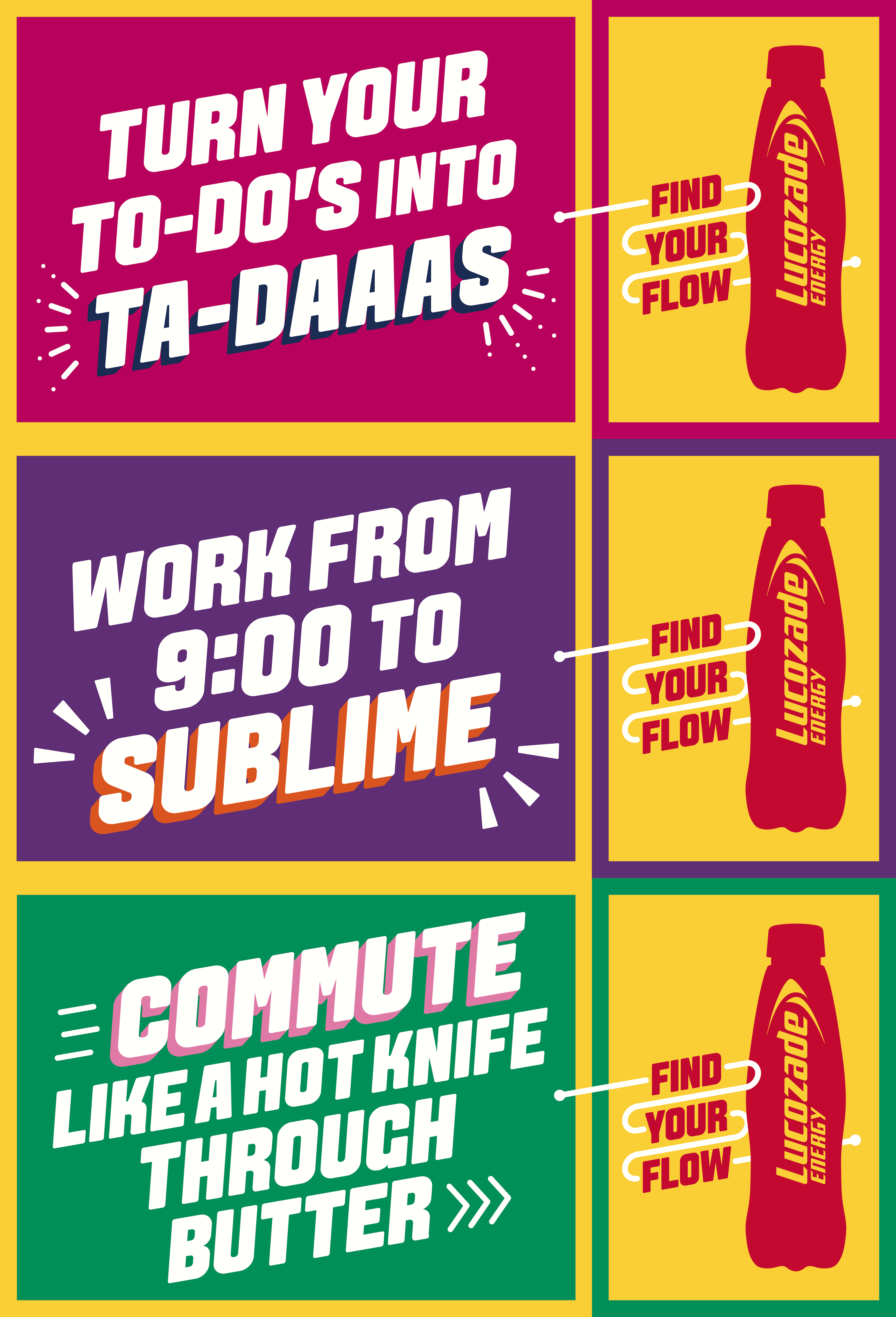It has been two
months since I last picked up this book, Hearts of Fire, but the stories are just as thought-provoking as ever. Like
last time, I commend the book for an appropriate balance of detail and plot
advancements; the stories were just long enough to be developed, and short
enough to remain interesting and active. However, this time, I noticed one
aspect of the storytelling that was almost distracting: the wholeheartedly,
resolutely Christian viewpoint of the writers. This initially seemed like a
rhetorical weakness, but after further reflection, I see how it supports the
ultimate purpose of this book to not only tell stories, but to give
encouragement and strength to those facing any sort of faith-related struggles.
My day-to-day
reading material is overwhelmingly "secular-based," or at least in no
way so openly faith-centered (though articles may have religious themes or
undertones, or a writer may even directly address religion, it is not in the
same confidence that this book has). At the time I found it slightly
distracting, but I believe now that it was actually a very effective aspect of
the writing. Maybe the authors did not even consider it (their faith may simply
be that resolute), but the chosen tone of voice reinforced the central message
of holding onto one's faith in all circumstances. Clearly, if any of the
women's faith had wavered, the epilogues of their stories could have been very
different.
This aspect of the
writing initially made me draw back a little; it was so unfamiliar that it
sounded almost "biased" (which could be considered a rhetorical
weakness, but as the large majority of readers of this book are likely
Christian, it would not be a major issue). Yet as the idea continued to circle
around in my head, it began to present itself as a refreshing sort of
challenge. The idea that I was unsettled by this resolutely Christian
perspective was an effective motivating force to refocus myself in terms of my
faith. Perhaps it was intentionally written in this way with the hope of
directly encouraging readers like me to further contemplate that sort of
completely unwavering faith.




